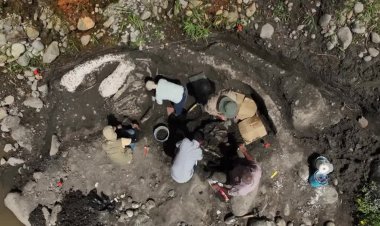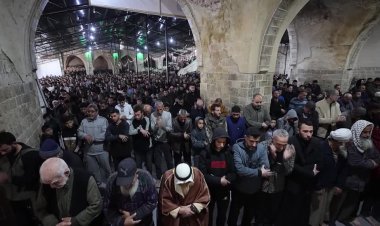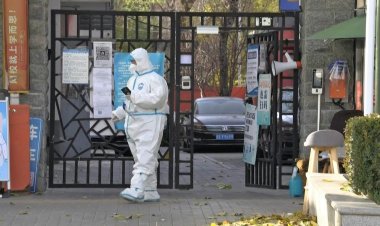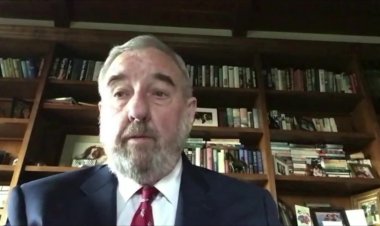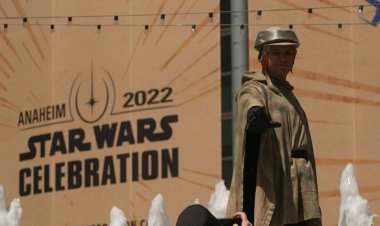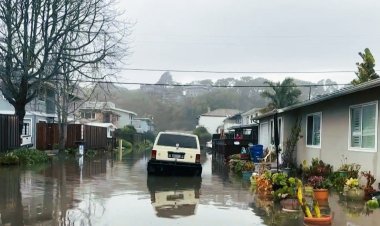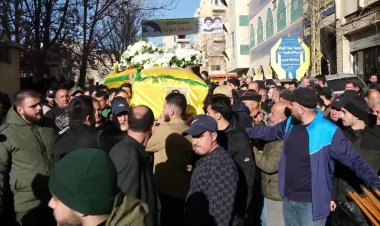UN Withdraws Peacekeepers from Congo
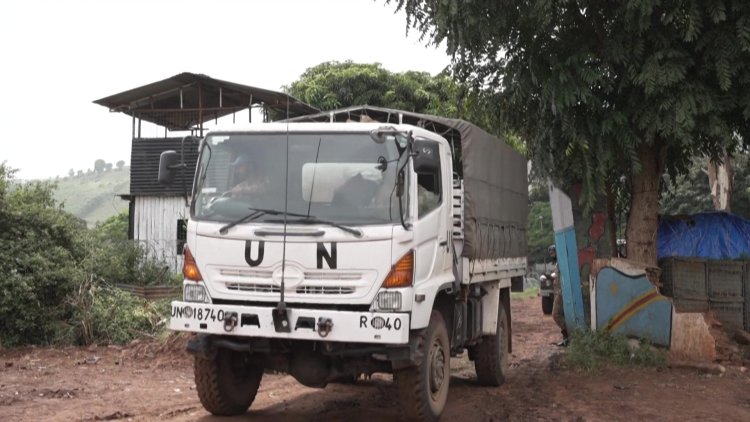
The United Nations started pulling peacekeepers out of Democratic Republic of Congo, moving to end a 25-year presence as conflict surges in the east of the long-troubled African state.
DR Congo demanded the withdrawal of the remaining 13,500 troops and 2,000 police in regions bordering Rwanda and Burundi despite international concerns over rampant violence.
At an official ceremony at the Kamanyola base in South Kivu province, the first to be handed over, the flags of the United Nations and the Pakistan peacekeepers at the base, were replaced by those of the DR Congo.
National police have taken charge and the UN representative in the country, Bintou Keita, said this would be the model for the withdrawal from all UN bases.
The UN Stabilization Mission in DR Congo, or MONUSCO, was set up in 1999 in a bid to halt the second DR Congo war which pitted local forces backed by Angola, Namibia and Zimbabwe against a rival force supported by Uganda and Rwanda.
At its peak there were 20,000 UN troops in the giant country. More than 270 MONUSCO peacekeepers have been killed, according to UN figures.
Kinshasa has long accused the UN force of failing to protect civilians from the armed groups that have plagued the east of the country for three decades.
Hundreds of thousands of deaths are blamed on the succession of conflicts since the 1990s. About six million people have been displaced.
The UN Security Council voted in December to accede to Kinshasa's demand and start a gradual shutdown of MONUSCO.
Foreign Minister Christophe Lutundula has said he wants the withdrawal completed by the end of this year, though the UN Security Council has not fixed a date.
The troops are based in Ituri, South Kivu and North Kivu provinces which have suffered most over the decades.
In Kamanyola, with a population of about 100,000, opinions appeared divided on the pullout.




